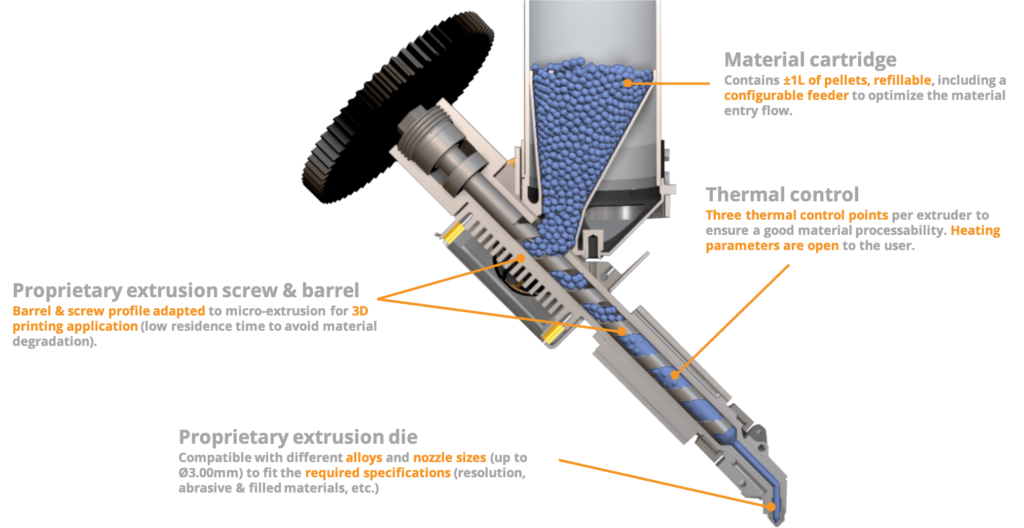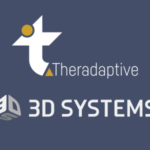The future of 3D printing isn’t just about creating small toys or prototypes; it’s about revolutionizing the manufacturing industry. To achieve this, methods that satisfy both material properties and economic viability on a large scale are essential. And the UK has revealed its determination to lead in securing future technologies at a national level.
Introduction
The UK, traditionally known for its strength in sectors like finance and pharmaceuticals, is setting its sights on a new arena: 3D printing. With a nationalistic fervor, the country is proactively pushing to carve out its niche in this dynamic industry. This aspiration is beautifully captured by two recent groundbreaking initiatives, highlighting the UK’s intent to gain a competitive edge in global 3D printing.
UK’s Global Consortium and Its Vision
A collaborative effort, bringing together major industrial players including Evo3D, Rolls-Royce, Filamentive, and Baker Hughes, aims to revolutionize the UK’s industrial additive manufacturing scene. With the backing of the National Manufacturing Institute Scotland (NMIS) and a generous £1.1 million grant from Innovate UK, the project, known as Evo One ‘large format additive manufacturing’ (LFAM), is developing a cutting-edge 3D printer system. This is not just another printer; it promises advanced capabilities to craft high-value components, potentially bolstering the UK’s manufacturing prowess.
Stephen Fitzpatrick, Director of Digital Factory at NMIS, sees this as a golden opportunity for the UK. Enabling manufacturers with top-notch technology could pave the way for a robust, globally competitive sector.
The Evo One LFAM: An Answer to Global Competition
While powerhouse nations like the USA, Germany, and China have established strong positions in the LFAM domain, the UK currently holds a meager 5% share in the worldwide additive manufacturing sector. However, the UK isn’t content with this; ambitions are high, with plans to boost this presence to 8% by 2025.
The Evo One LFAM initiative emerges as a beacon of hope in this context. The project’s team is setting lofty goals – significant improvements in reliability, productivity, and cost-efficiency. With a stunning vision of 80% reduction in material waste and similar ambitious targets, it’s clear the UK is playing to win.
Regarding LFAM, it’s beneficial to read about pellet extrusion 3D printers. I recommend the article below. Click the link
Embrace the Shift to Pellet Extrusion 3D Printer: A Game-Changer for the Industry

A Glimpse into the National Manufacturing Institute Scotland
NMIS is a transformative entity, committed to reshaping manufacturing’s future. As an amalgamation of R&D, innovation, and skills facilities, it facilitates collaboration between industry, academia, and the public sector. Together, they embark on revolutionary manufacturing research to elevate productivity, fortify competitiveness, and empower the current and future workforce. Located at Renfrewshire’s heart, NMIS is a testament to the UK’s commitment to advanced manufacturing.
Conclusion
With strategic moves like the Evo One LFAM project and the proactive role of institutes like NMIS, the UK is making a clear statement: It’s poised to be a leader in the global 3D printing sector. As the nation gears up for this industrial revolution, the world watches, anticipating the UK’s next innovation in 3D printing leadership.
Except: The UK is gearing up to lead the 3D printing realm, with major industrial players teaming up for a groundbreaking initiative. Dive in to grasp the full scope of this transformative journey.
More information : NMIS (Link), Evo 3D (Link)



